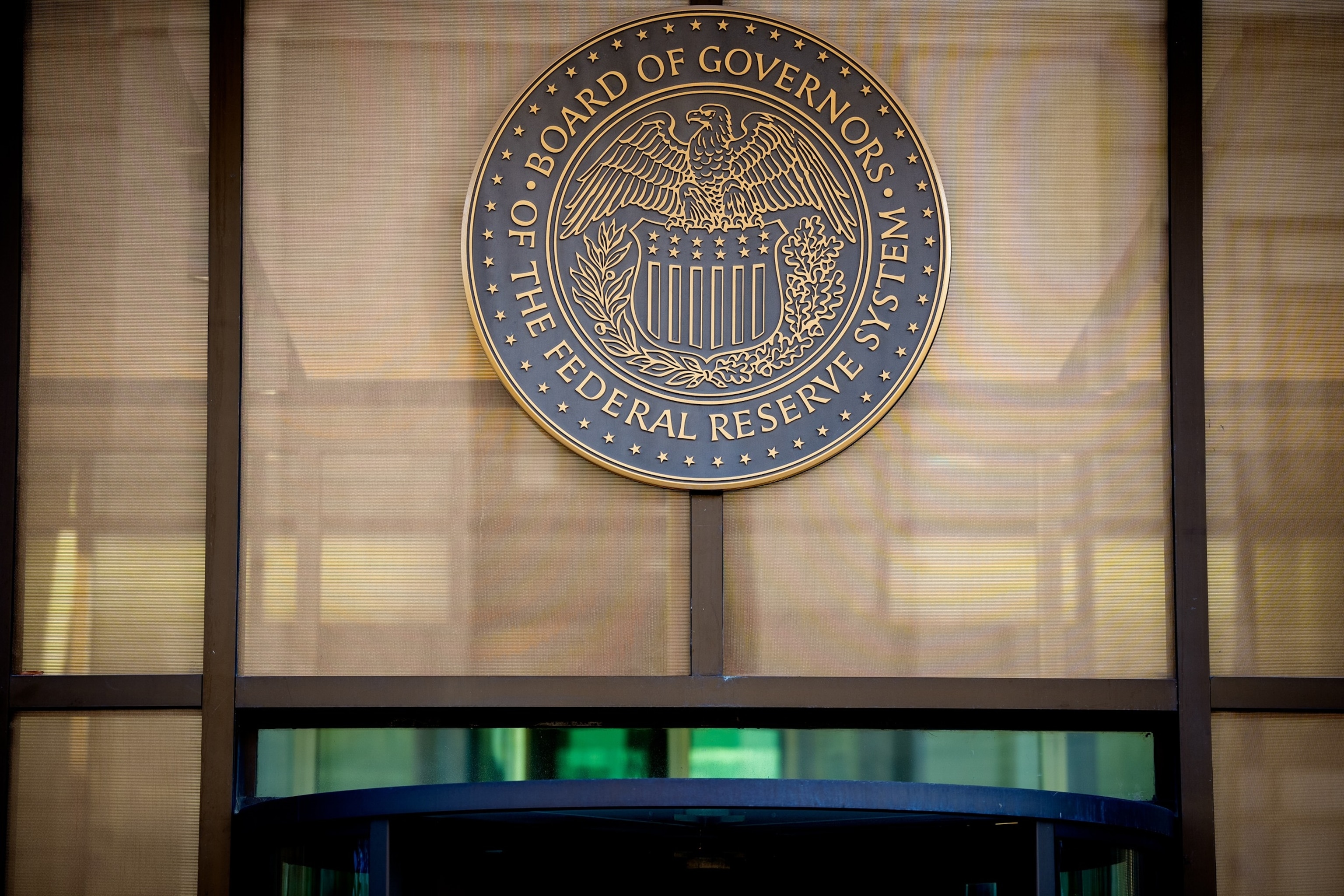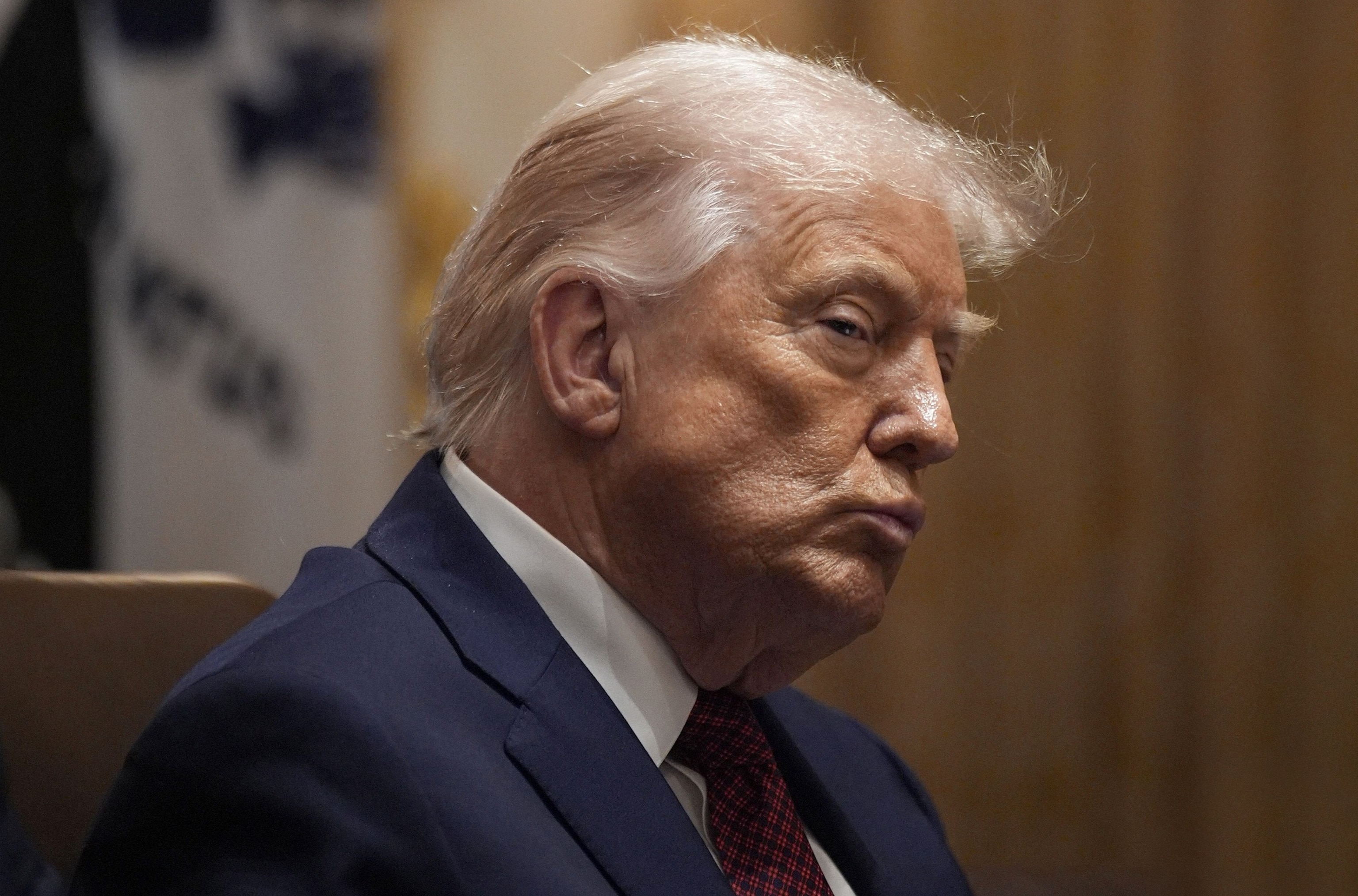Commentary: Eye-popping executive pay rewards luck, not managerial wizardry

REWARDS FOR LUCK
Every chief executive has a personal balance sheet with different levels of indebtedness. This, along with their varying expectations about their likely tenure, has a profound impact on their risk appetite. CEOs’ moral compasses, and thus their readiness to feather their nests at shareholders’ expense, vary widely. None of this is disclosed, so ignorance prevails over the executives’ interests that agency theorists wish to align with shareholder interests.
As for shareholders they have different time horizons and risk appetites. They are certainly not the residual risk takers of the capitalist system as agency theory posits. Institutional ownership means that bankruptcy risk is diversified across huge portfolios. Yet managers’ risk cannot be so easily diversified.
Equally problematic is that performance related pay metrics are flawed. Those in which the share price is a key driver rarely distinguish between company specific share performance and the movement of the overall market. Those that rely on earnings per share can be easily manipulated, notably through share buybacks which boost earnings per share while weakening balance sheets.
That helps explain why the value of big oil companies’ buybacks and dividend payouts now vastly exceeds their investment in renewables. And as the British economist Andrew Smithers has convincingly shown, the bonus culture largely explains the decline in investment in the US and UK along with low productivity growth.
In a sane world CEO pay would be primarily in cash with equity used only for truly exceptional performance. Smithers argues for a more investment friendly tax system and for bonuses to be conditional on improved productivity. But this will not happen because CEOs love rewards for luck and have lobbying power. The astonishing failure of corporate governance and investor stewardship over executive pay will not be remedied any time soon.
Source: CNA















